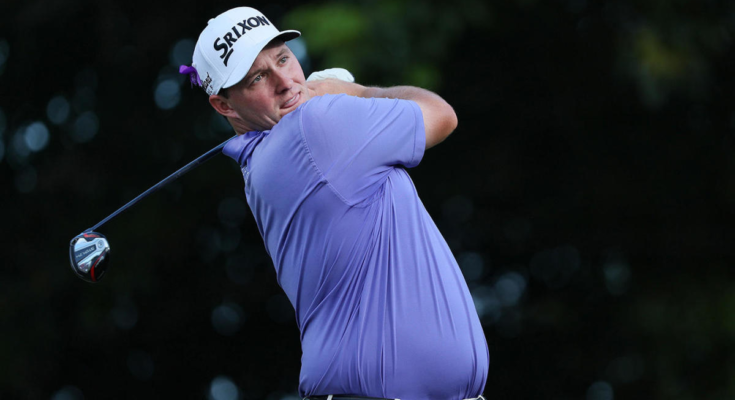- ‘Initial measures’ would allow Russia to face Poland in play-off
- Poland, England and other nations say they will not play Russia
Fifa has decided that Russia can continue their bid to qualify for this winter’s World Cup, despite their opponents refusing to play against them. As England became the latest country to say they will boycott matches against Russia following the invasion of Ukraine, Fifa finally ended days of silence on the subject only to effectively endorse the status quo.
Under a series of “initial measures” agreed by the Fifa council on Sunday, next month’s World Cup play-off between Russia and Poland will go ahead but at a neutral venue and with no spectators. Russia will also be forced to go by the name “Football Union of Russia (RFU)” in an echo of the punishment imposed on the country at the Olympics. No Russian flag will be flown either, nor will the anthem be played.
In a statement Fifa said they would be willing to consider further actions, including expulsion from the World Cup, should “the situation not be improving rapidly”. They said they had already “been in dialogue” with the Polish FA about the match, having “taken good note of the positions expressed via social media”.
But Fifa’s proposal was immediately rejected by the Polish football authorities, who earlier this weekend had declared their determination to boycott any fixture with Russia, a sentiment shared by individual players including star striker Robert Lewandowski. The Poles were then joined in a boycott by Sweden and the Czech Republic, one of whom are scheduled to meet the winner of that tie in a play-off final.
The president of the Polish FA, Cezary Kulesza, described Fifa’s decision as “unacceptable”.
“In the situation of war in Ukraine, we are not interested in the game of appearances,” he said. “Our position remains unchanged: the national team Polish will NOT play against Russia in the play-off match, regardless of the name of the Russian team.”
The Polish FA also took the step of writing formally to Fifa to reject the measures and call for Russia to be expelled from the World Cup.
“The Polish Football Association inform that as a result of the brutal aggression of the Russian Federation against Ukraine and the war that continues there, we do not see any possibility of competing with the Russian national team in play-off matches for promotion to the World Cup in Qatar in 2022 regardless of the name of the team consisting of Russian footballers and the place of the match”, the letter read.
“In the face of the Russian invasion of Ukraine, which was condemned almost all over the world, this is the only decision we can make. A performance in a match against the Russian national team would be a shameful act not just for our players but for the entire football community, contrary to solidarity with the Ukrainian nation. As football association, we refuse to participate in play-off matches in which the Russian national team appears.
“At the same time, we call on the Fifa authorities to react immediately to the brutal violence that we observe daily on the territory of independent Ukraine. If Fifa’s Human Rights Policy is more than just words on a paper now is the time to put it into practice by excluding the Russian Football Association from the qualifiers for the World Cup in Qatar in 2022.”
On Sunday England joined that group. In an intervention made less than an hour before Fifa published their conditions, the Football Association said they would not play any international fixtures against Russia at any level “for the foreseeable future”.
“Out of solidarity with the Ukraine and to wholeheartedly condemn the atrocities being committed by the Russian leadership, the FA can confirm that we won’t play Russia in any international fixtures for the forseeable future,” read a statement on Sunday evening. “This includes any potential match at any level of senior, age group or para football.”
Earlier this weekend, each of Russia’s possible play-off opponents confirmed that they would refuse to fulfil the fixture. Poland and Sweden were joined on Sunday by the Czech Republic who said both officials and staff had agreed they would not play. “It’s not possible to play against the Russian national team in the current situation, not even on the neutral venue”, the Czech FA said, “We all want the war to end as soon as possible.”
World champions France also said they supported the expulsion of Russia from international football, with Noël Le Graët – president of the French Football Federation – saying the sport “cannot remain neutral” following the invasion of Ukraine. “The world of sport, and especially football, cannot remain neutral. I certainly would not oppose the expulsion of Russia,” Le Graët told the French newspaper Le Parisien.
As yet, Fifa has taken no action regarding the upcoming World Cup play-offs, due to be held next month, nor the possibility of Russia qualifying for the final tournament itself. In a statement last week, the world governing body would say only that it continued “to monitor the situation” and that “updates … will be communicated in due course”.
Uefa took the decision to strip St Petersburg of the Champions League final on Friday and has also moved all fixtures involving Russian sides to neutral venues. Only one Russian club side, Spartak Moscow, remain in European competition this season, but on Sunday their upcoming opponents RB Leipzig said they were pressing for greater action from the governing body.
“RB Leipzig is currently in intensive discussions with Uefa on the further course of action for the Europa League knockout-round matches against Spartak Moscow and expects a timely decision by the association,” the club said.
{{topLeft}}
{{bottomLeft}}
{{topRight}}
{{bottomRight}}
{{/ticker}}
{{heading}}
{{#paragraphs}}
{{.}}
{{/paragraphs}}{{highlightedText}}
{{#choiceCards}}{{/choiceCards}}


